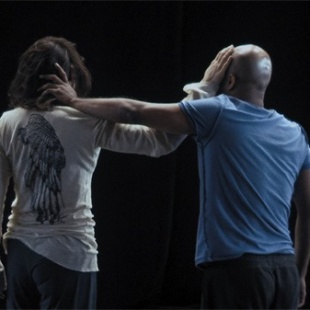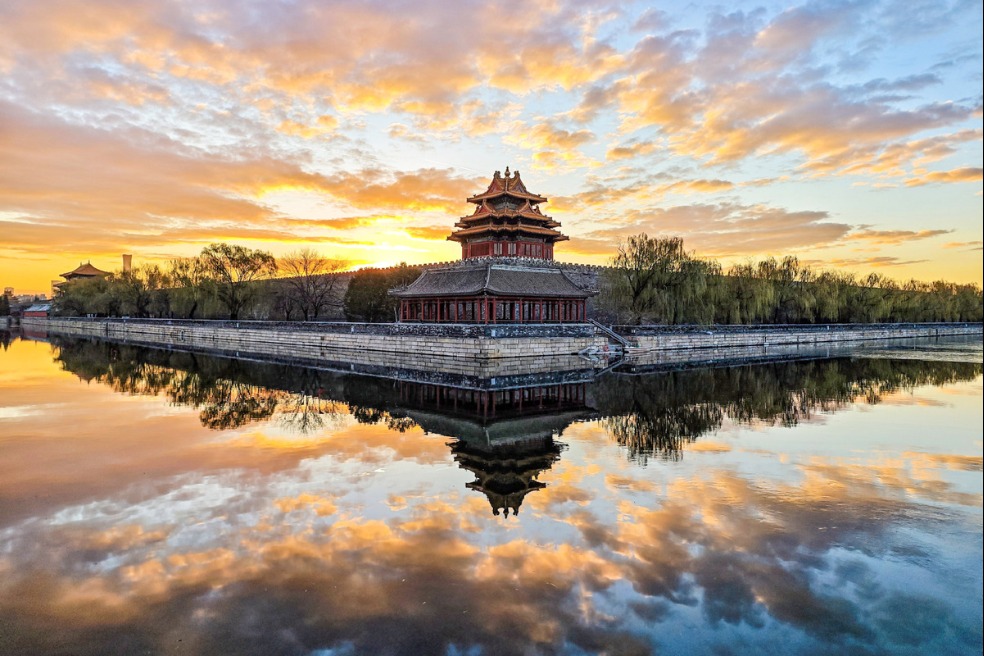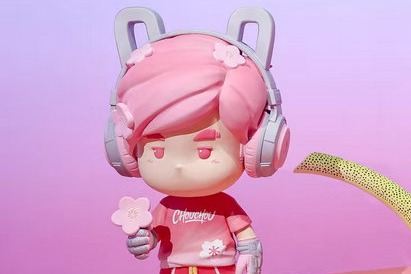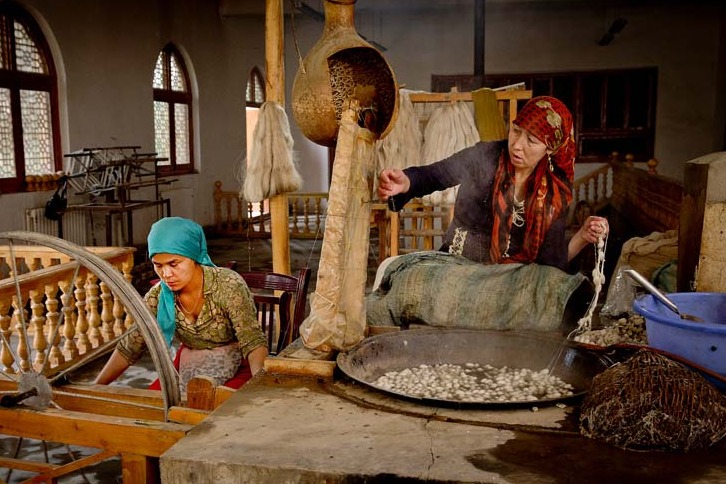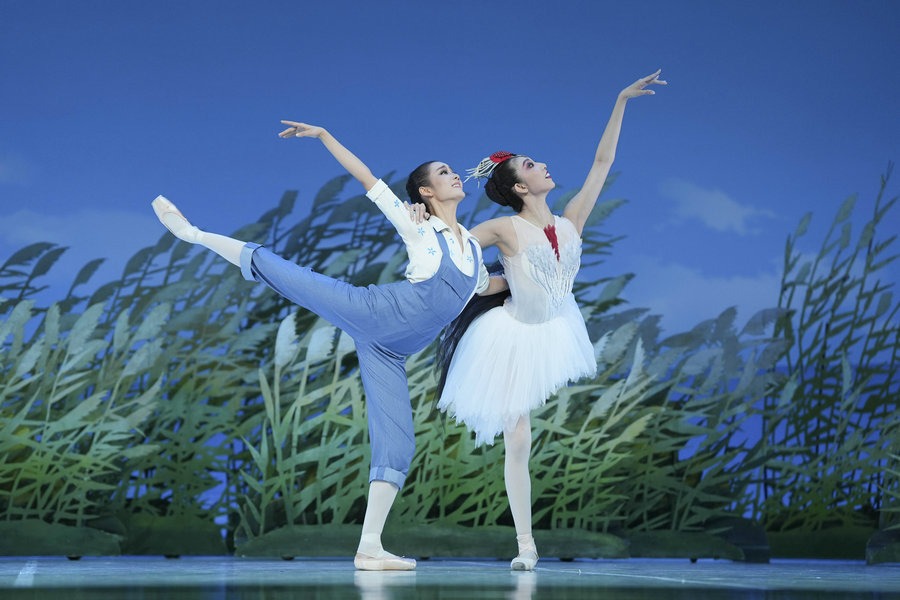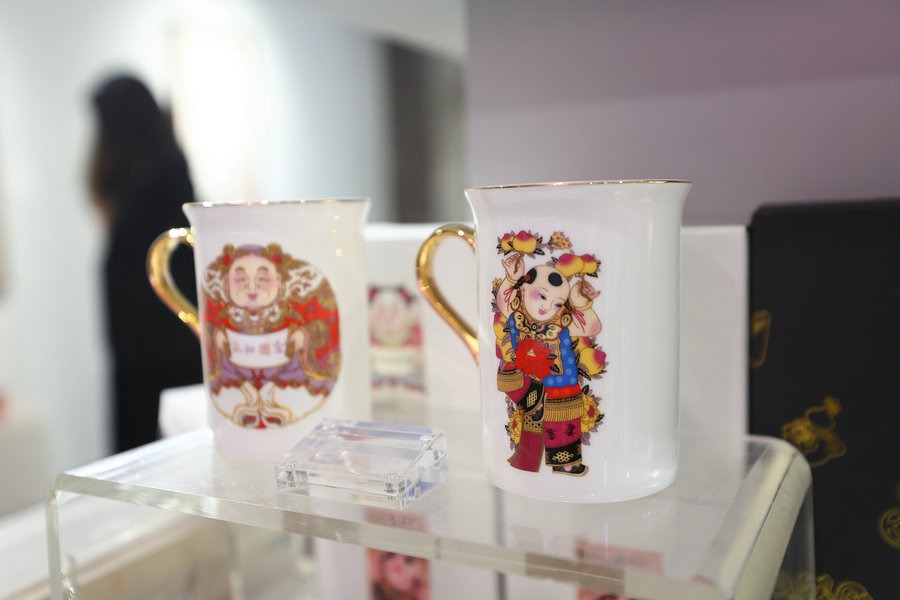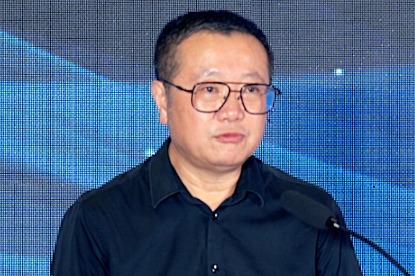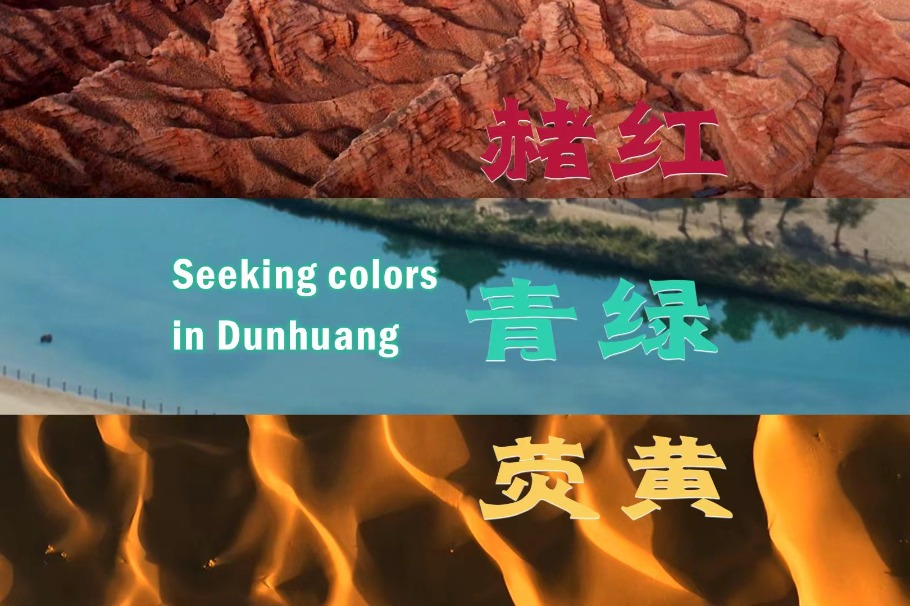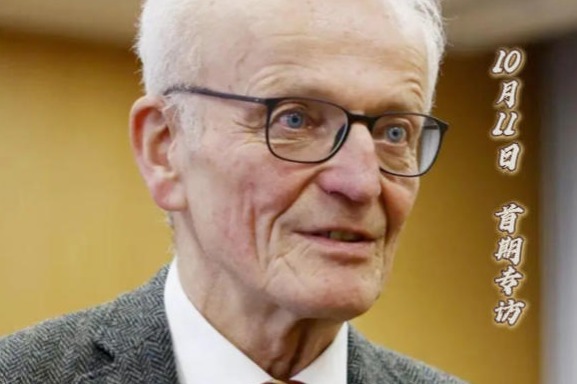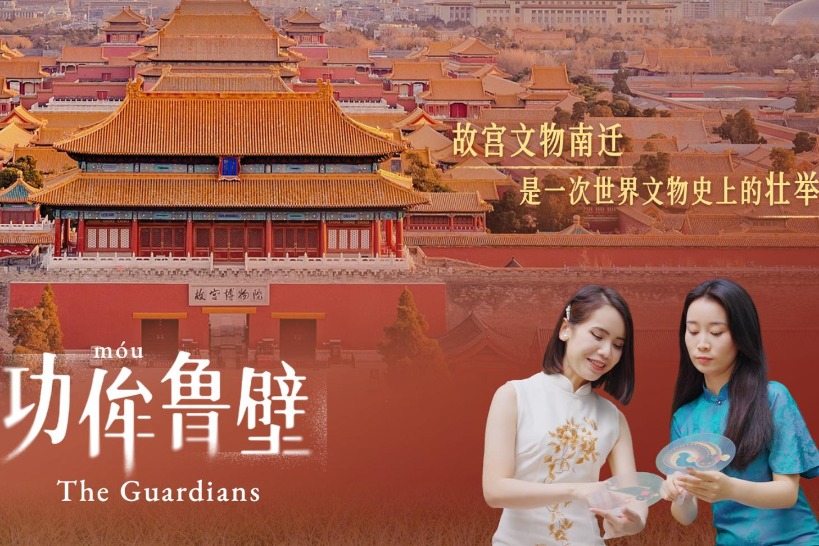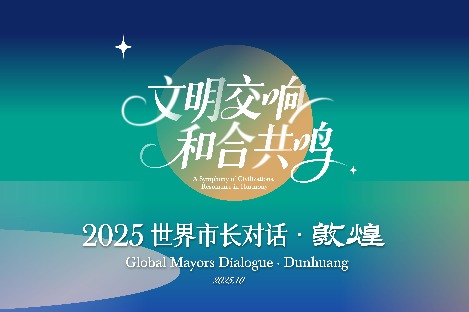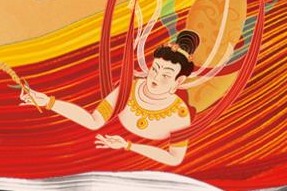Juliette in love, with China
French actress explores creativity and connection in Beijing, sharing insights on film, movement and mindfulness, Xu Fan reports.


With her elder sister Marion Stalens serving as cinematographer, Binoche collaborated with three editors to distill 170 hours of rehearsal and performance footage into a single feature.
Recalling that her transition from actress to director began with the 2008 dance piece, Binoche says she had never imagined she would dance in her life until she was encouraged by a facialist and massage therapist during her stay in London — while she was working with British director Anthony Minghella, known for the Oscar-sweeping blockbuster The English Patient.
After being introduced to Khan's duet Zero Degrees, Binoche was captivated and an idea formed in her mind. "From the first day, he was showing me movements to follow as a dancer. But that's not what I wanted. I wanted to cocreate something, to exchange ideas, and learn through my own movement."
Over the following two years, Binoche and Khan worked together, spending nearly six months in rehearsals and using improvisation to explore the links between acting and movement. Interestingly, Binoche reveals that she practiced qigong with a Chinese master surnamed Wang to gain energy and protect her body from injury during performances.
Then, the two top artists embarked on a world tour to perform the show, staging it in multiple cities including Beijing and Shanghai. After one performance in New York, Binoche returned to her dressing room without even having time to change out of her orange stage costume. To her surprise, legendary American actor Robert Redford was waiting for her and suggested she turn the performance into a movie.
"So, I was wondering how I could do the film. … I didn't have any script. The film had to be made from the images I had. I soon began to believe it was better to show the creative process chronologically, so the audience could follow what was going on, as we were creating it all ourselves," she recalls.
Across a career spanning more than 60 films including classics such as Three Colors: Blue and Chocolat, the Paris-born actress has developed a distinct philosophy on portraying romance and emotion.
"As actors, we have to be ready to expose intimacy — to reveal hidden feelings. In a way, we help people reconcile the different parts of themselves that are often separated by upbringing, fears or the emotions we internalized as children," she says.
"When you watch a film, you can see these emotions and identify with them. You could call it a psychological process. We must speak about it because these feelings need to be embodied; they need to become a part of you in order to be transmitted to the audience," explains Binoche.
Even amid her busy routine, Binoche finds peace in simple tasks — cooking, cleaning the farm she purchased four years ago, and washing dishes.
When asked which categories of Chinese films appeal to her most, the star gives a candid reply: "What really attracts me is the genuine need to make a film. If it's 'made to please the audience', like a commercial film, if it's a movie made to make sure that many people would go and see it, I will not go to see it. I dislike that, it feels too commercial."


